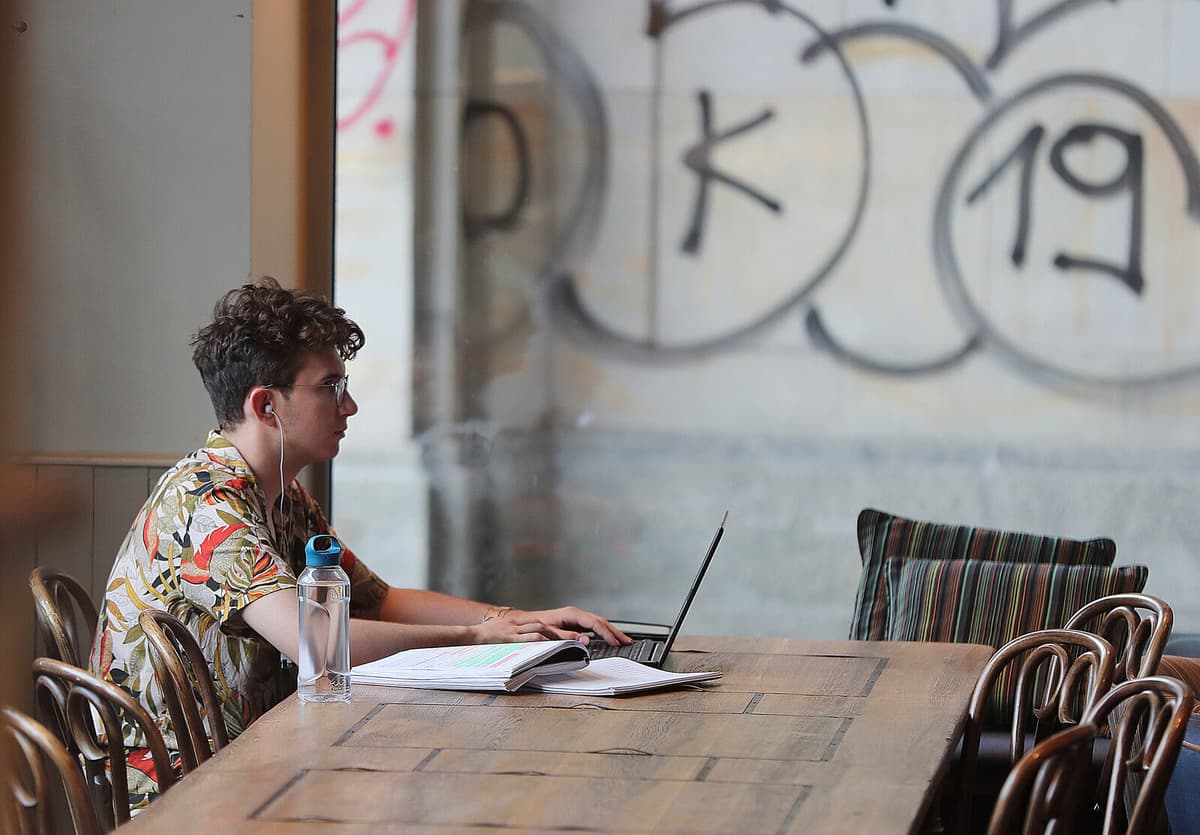”Cagongjok” is what they are called, mainly young South Koreans who usually study or work at cafes. For cafe owner Hyun Sung-Joo in the capital Seoul, the guests have become a problem, he tells BBC. Recently, a guest stayed for a whole day with two laptops and a power strip with six outlets, to charge all their devices.
I finally had to block the power outlets, he says to BBC.
Despite being a concern, the extreme cases where guests bring their entire home office are not in the majority.
It's about maybe two to three percent, says Hyun Sung-Joo.
Most are considerate. Some even order something more to drink if they stay for a long time.
At the same time, there are cafes that accommodate guests with, among other things, individual desks.
Several ”cagongjok” go further than bringing a laptop. The international cafe chain Starbucks warned in early August that guests bring both computer screens and printers – and that some make themselves so at home that they can go away and leave their things unattended for longer periods.
The phenomenon has led Starbucks to introduce national guidelines that will limit ”a small number of extreme cases”. Guests are asked not to bring objects that ”affect the shared space”, while things like laptops are still allowed.
Staff should not, however, ask the affected guests to leave the cafe, but provide ”guidance” if needed.






